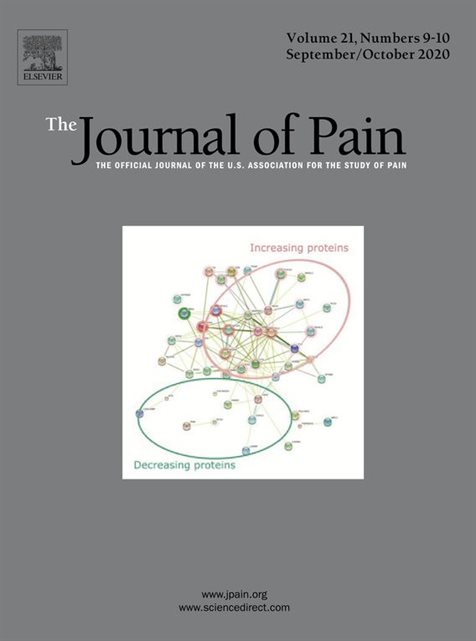Recovering from a knee or a hip replacement is more painful for people who have depression or anxiety, according to a new study led by psychology experts at De Montfort University Leicester (DMU) and the University of Portsmouth (UoP).
DMU’s Dr Stephanie Cook and UoP’s Dr Nils Niederstrasser worked together to research the psychology of pain in patients who had undergone joint replacement surgery, analysing a wide range of existing studies to identify the link between patients’ mental state and their surgical outcomes.

Dr Stephanie Cook, Psychology lecturer at DMU
They looked at how much pain patients reported and how well their new joint functioned, as well as examining their mood and quality of life.
They found that people who are depressed, anxious, or prone to catastrophising pain before an operation are more likely to experience higher levels of pain post-surgery and poorer joint function.
“Our findings show that patients with depression or anxiety may become more sensitive to pain and could take longer to recover from joint replacement surgery,” said Dr Cook, a lecturer in Psychology at DMU.
“People who have a fear of pain and are prone to catastrophising may be scared of moving and doing the rehab exercises needed to recover – they might even be frightened to resume their usual day-today activities but by remaining inactive, they are at greater risk of poorer health in the long run, both physically and mentally.”
RELATED NEWS
OPINION: How lockdown brought out the introverts in us
Research shows patients with severe asthma are misunderstood
Male breast cancer patients do not receive the same support as female patients
According to the National Joint Registry, there are approximately 160,000 total hip and knee replacement procedures performed in England and Wales each year.
“Anyone who has ever had surgery or had to go through some form of physical rehabilitation knows that pain is inevitable,” said Dr Niederstrasser, senior lecturer in Psychology at UoP.
“So, if you are afraid of pain, or in your mind, pain is linked with catastrophe, or if your mood is low and you can’t bear the thought of having to suffer through rehabilitation exercises or even the pain that you will experience when you stand up, then you are less likely to engage in any such activity.
“In essence, you avoid movement and activity, such as rehabilitation exercises, for fear of experiencing pain and this inactivity is what can make the pain worse and hamper the healing process.”
The researchers suggested that repeated pain, as expected after surgery, leads to sensitisation whereby the nervous systems reacts more strongly to pain-related signals, which can amplify the pain experience and put a person off trying to move.

The research has been published in the Journal of Pain
While it has long been understood that a patient’s mental wellbeing can impact how they recover from surgery, Dr Cook and Dr Niederstrasser argue that someone’s psychological state can and should be considered a robust predictor of how they will fare post-operation.
“When clinicians and doctors admit patients for surgery they should take into account the person’s mental wellbeing alongside the physical pain they are experiencing,” said Dr Cook. “By recognising their psychological profile, they can better prepare a patient’s post-surgery aftercare and help them recover fully.”
Dr Cook and Dr Niederstrasser’s research has been published in the Journal of Pain. To read more click here
Posted on Tuesday 10 November 2020